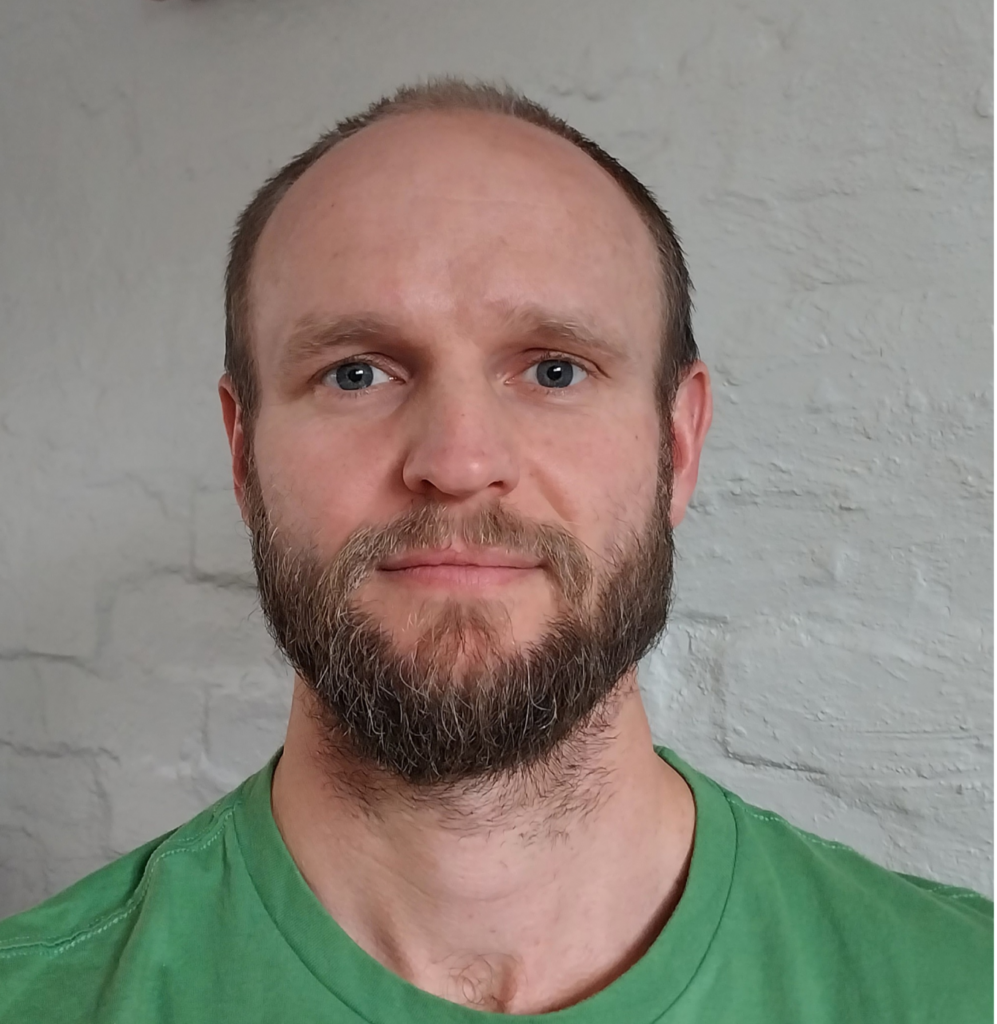News
AHRI scientist receives SANTHE data award to advance HIV Curestudies
Kavidha Reddy, SANTHE Researcher/Supervisor based at the Africa Health Research Institute (AHRI) in Durban, South Africa, has been awarded a SANTHE Data Science Support Award to cover costs associated with her projects on in-depth longitudinal characterisation of the HIV-1 clade C reservoir – a major barrier to HIV-1 curative efforts.
HIV reservoir studies in African populations are limited, particularly in subtype C HIV-1 infection, which is the most prevalent form of HIV-1 globally and predominates in southern Africa. In this setting, the design of HIV cure strategies and interventions to target the viral reservoir depends on a deeper understanding of the variability in the size, composition, and characteristics of the genetic landscapes of persisting reservoir genomes, which our research studies aim to address.
“The award will help fund travel costs for myself and Tatenda Chikowore, my PhD student, to the laboratory of Guinevere Lee at Weill Cornell Medicine in New York, USA. Dr Lee is a long-standing collaborator and specialises in the study of viral genetic diversity, reservoir cellular compartmentalisation, viral genome sequencing (by Sanger, Illumina, PacBio, Nanopore), bioinformatics (Python, R), and treatment outcome analysis (R). Here we will receive training on computational bioinformatics analysis (specifically on the HIVSeqinR v2.7.1 pipeline) that will allow us to perform extensive viral genome sequence analysis to characterise the HIV-1 subtype C reservoir,” says Reddy. “Early antiretroviral therapy (ART) initiation decreases genetic complexity and immune escape, and preserves innate immune factors, and interventional strategies are more likely to be effective. We hope our ongoing work will shed light on mechanisms that underlie control of viremia and HIV reservoir decay in natural and ART-mediated viral suppression,” she says.
Finding an HIV cure remains a challenge in the fight against HIV infection. In- depth characterisation of the HIV reservoir will ultimately inform the design of therapeutic agents for selective eradication of the HIV reservoir.







